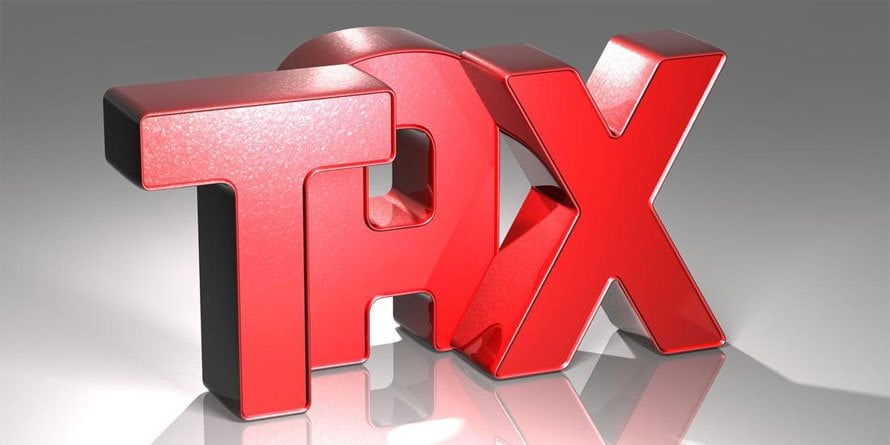[ad_1]
Chroniclers
How the minimum tax formula increases total collections
Tuesday 22 September 2020
Summary
- Kenya is one of the jurisdictions in the world that operates a self-assessment tax administration regime.
- Primarily, this type of regime is purely based on trust where the tax authorities have confidence that the tax returns accurately reflect the income generated.
- At the secondary level, the tax authorities can issue an assessment as well as other corrective measures in the event of a suspicion of underreporting.
Kenya is one of the jurisdictions in the world that operates a self-assessment tax administration regime. Primarily, this type of regime is purely based on trust where the tax authorities have confidence that the tax returns accurately reflect the income generated.
At the secondary level, the tax authorities can issue an assessment as well as other corrective measures in the event of a suspicion of underreporting.
While the self-assessment regime works well for withholding taxes such as Pay As You Earn (Paye), the regime can be precarious when it comes to taxes on business income.
According to classical principles of taxation, taxes levied on the income of companies are based on the profit margin of those companies. This means that when a business realizes losses in a certain period of time, the loss is reported and hence there is no tax payable.
However, sometimes loss reporting can be abusive in order to avoid paying taxes such as corporation tax. There have been cases of business companies who, in an attempt to avoid paying corporate taxes, have consistently reported losses in their tax returns to the Kenya Revenue Authority (KRA).
The million dollar question for such cases has been how can a business enterprise perpetually post losses and stay afloat for a long period of time?
The introduction of the minimum tax on January 1, 2021 will help the government close such loopholes. As stipulated in the 2020 finance law, the minimum tax will be levied at the rate of 1% of the gross turnover of the company.
Like the tax on installments, the minimum tax will be payable on the twentieth day after each quarter of the financial year, that is, after the fourth, sixth, ninth and twelfth month.
Although the minimum tax is now charged in addition to the installment tax, the former will only apply if it is greater than the installment tax.
There will therefore be no cases of double taxation misinterpreted by certain circles. Only the higher of the two taxes will be payable to KRA. The implementation of the minimum tax will significantly reduce cases of tax evasion under the guise of business losses.
In most jurisdictions, the minimum tax is also known as the Alternative Minimum Tax (AMT). This type of tax has been implemented in other jurisdictions around the world as a measure to improve revenue collection.
Notably, according to various studies, the alternative minimum tax is charged at a relatively higher rate than Kenya’s 1% rate. In South Korea, for example, alternative minimum tax rates vary from 10% to 17%, depending on the value of turnover.
Compared to the aforementioned rates, Kenya’s 1% rate is relatively fair and within reach of target taxpayers. It gives every sector eligible for minimum tax a fair chance to help build the nation.
Failure to pay its fair share of taxes amounts to an injustice to taxpayers subject to tax.
[ad_2]

